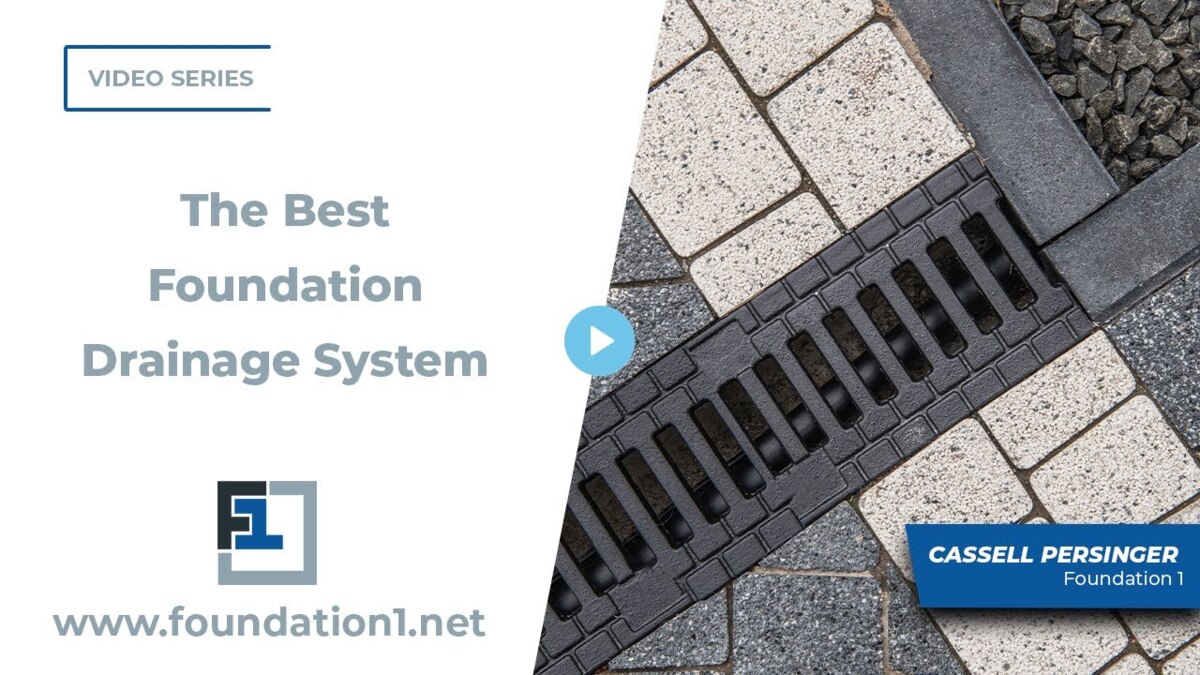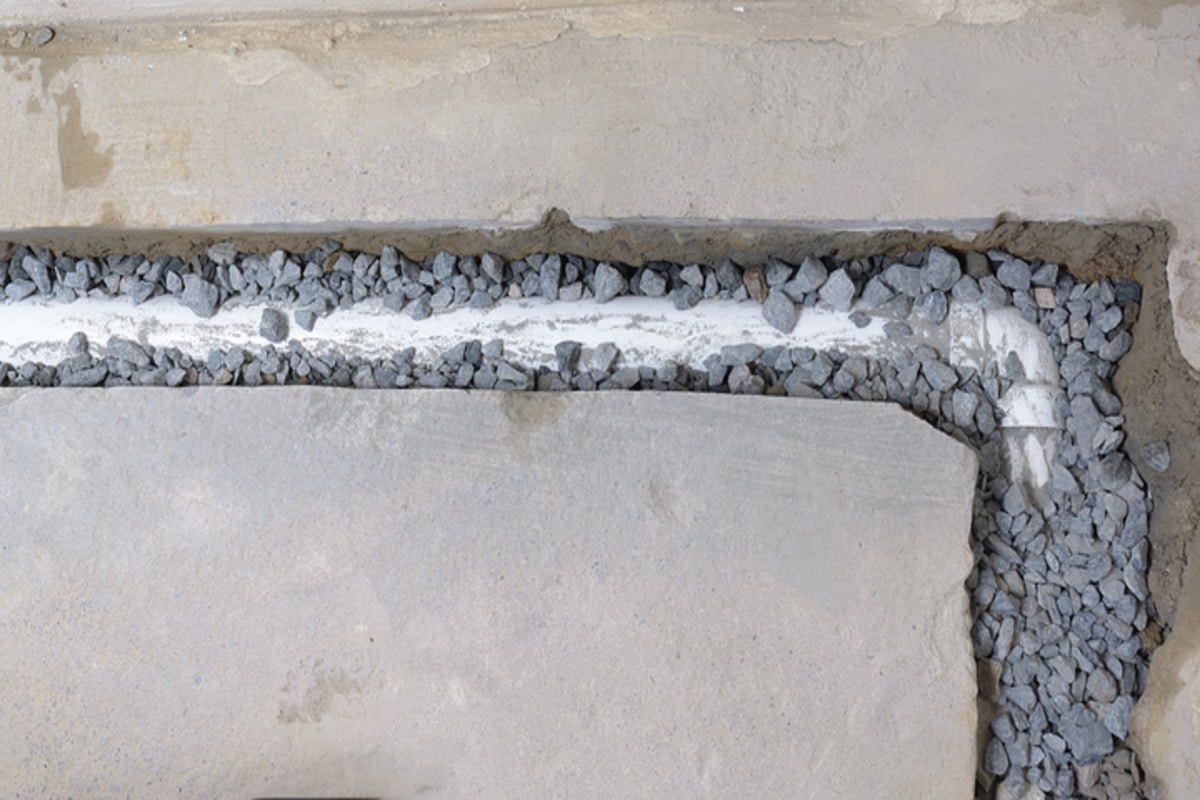A sump pump only works when it’s cared for. Dust, debris, or a stuck float can stop it at the worst time. Simple upkeep keeps your foundation dry and reduces the chance you’ll need costly foundation piering later.
We’ve seen pumps last twice as long with basic cleaning and quick tests. Here’s how to keep yours ready before the next heavy rain.
What is Involved in Simple Sump Pump Maintenance?
A sump pump works with a float that rises as water collects. Once the float lifts, the pump turns on. If the float sticks or the motor fails, water has nowhere to go. That’s why regular upkeep matters.
How to Clean the Pump
Cleaning is simple. Drop a small amount of dish soap into the pit when water is present. As the pump runs, it pulls the soap through and clears grime inside the unit.
Pro Tip: Clean the pump a few times a year to prevent buildup that wears out the motor.
How to Test the Float Switch
Lift the float by hand to see if the pump starts. Each pump has a different float design, so learn how yours works. If the float rises but the pump doesn’t start, it’s time to call for service.
How to Check the Battery Backup
Why a Backup Matters
When the main pump fails or power goes out, the battery backup takes over. It has its own float and power supply to handle water on its own.
How to Test the Backup
Test both pumps separately. If the main unit doesn’t run, the backup will step in once the water gets high enough. Most backup pumps beep to alert you that the main one isn’t working.
Key Takeaway: Don’t assume the main pump is enough. Always test both.
How Long Does a Sump Pump Last?
Most pumps last 5 to 10 years. Anything past that is good fortune. The problem is you often don’t know it has failed until water shows up in the basement.
Cleaning and testing improve the odds of hitting the 10-year mark and catching problems early.
When to Call a Professional
DIY checks go a long way, but not every issue can be solved on your own. If the pump won’t turn on, makes odd noises, or still lets water build up, it’s time for a professional inspection.
Need expert help with sump pump maintenance? Contact Foundation 1 for a free consultation. We’ll make sure your pump is reliable before the next storm.
Costs and Benefits of Regular Care
A yearly pump check costs little compared to water cleanup. Replacing one pump is always cheaper than repairing floors and walls after flooding.
Pro Tip: Schedule a yearly check before the rainy season to stay ahead of issues.
In Summary
Simple sump pump maintenance protects your basement and keeps your system ready. Cleaning, testing the float, and checking backups can add years to the pump’s life. Most last 5 to 10 years, but only with proper care.
Contact Foundation 1 today for a free inspection or quote. We’ll help keep your sump pump running when it matters most.




